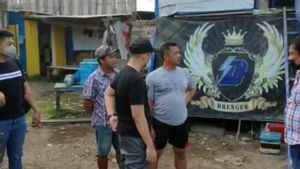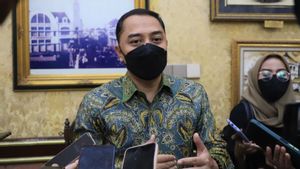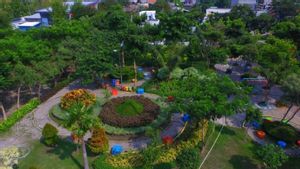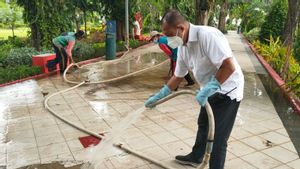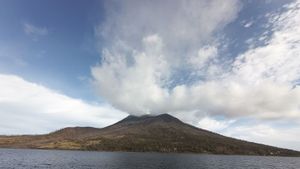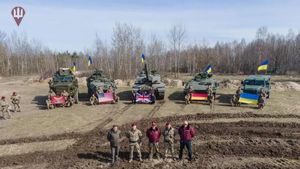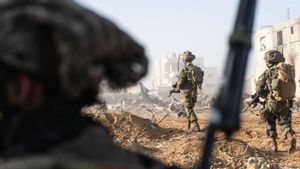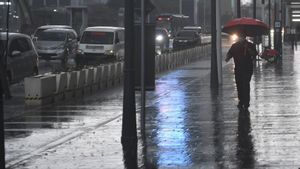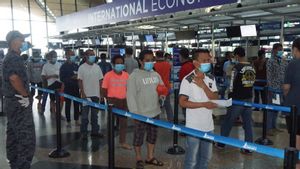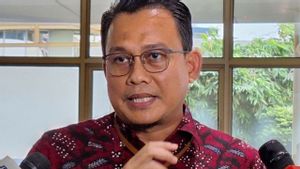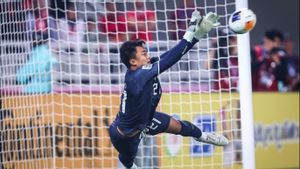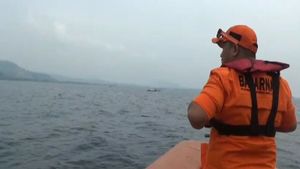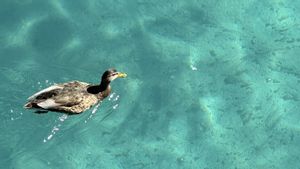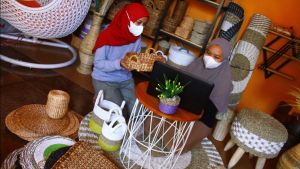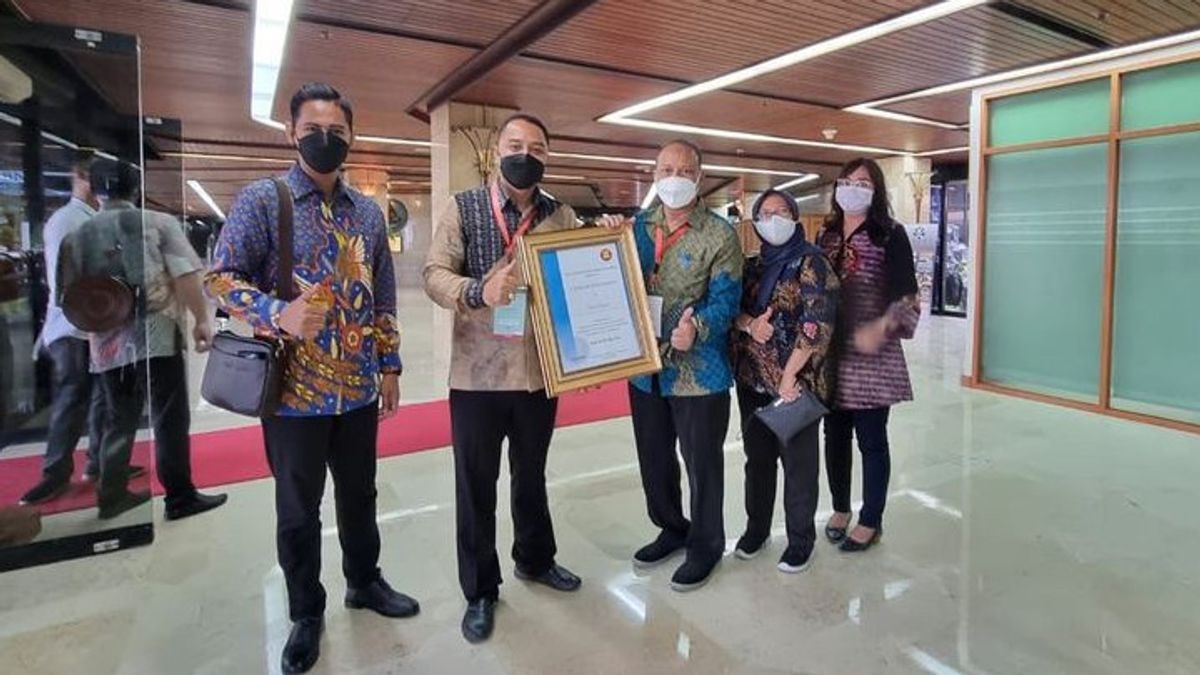
JAKARTA - Of all cities in Indonesia, Surabaya won the Clean Air category at the Big Cities level. The name of the award is Certificate of Recognition for Clean Air Big Cities from the ASEAN Working Group on Environmentally Sustainable Cities (AWGESC).
This award was received by the Mayor of Surabaya, Eri Cahyadi at the Manggala Wanabakti Building, Ministry of Environment and Forestry in Jakarta, Thursday, October 21, as quoted from the official website of the Surabaya City Government.
At the same level, awards in the Clean Water category were won by the City of Phnom Penh in Cambodia and Majlis Bandaraya Johor Bahru (MBJB) in Malaysia. While the award in the Clean Land Category was won by Paranaque City in the Philippines.
This program aims to encourage sustainable urban development in the region of ASEAN member countries, by giving awards and appreciation to cities that have carried out various efforts and initiatives to build a clean and green city.
The ASEAN ESC Award was held for the first time on October 8, 2008 and is given every 3 years. However, in 2011, a new award called the Certificate of Recognition for the category of Clean Land, Clean Air, and Clean Water was launched.
The city of Surabaya has the principle of realizing sustainable development, including spatial planning that integrates trade/service areas and settlements with road and transportation network systems.
By adhering to one of the points in the vision of the City of Surabaya for 2021 - 2026, namely "Gotong Royong Towards an Advanced, Humanist and Sustainable World City", the development and integrated urban spatial planning must be carried out in a sustainable manner, while taking into account environmental conditions.
SEE ALSO:
One of the efforts made is to plant trees intensively and evenly. Trees will absorb carbon dioxide and process it back into oxygen needed by humans and other living things.
The trees planted also make the city of Surabaya look greener and shady, becoming a new habitat for animals such as birds, squirrels, and others. Planting trees evenly also contributes to efforts to reduce temperature in the city of Surabaya and also plays a role in groundwater storage.
The coastal areas in the east and west of Surabaya City were not spared from the touch of this ecological-based development. The coastal area is planted with various types of mangrove trees while taking into account the biodiversity in the area to preserve the coastal geological structure and protect wildlife (including migratory birds).
The mangrove area in the coastal area which reaches 4,570.33 Ha can absorb carbon emissions of 5,720.19 tons C/Ha on the north coast and 8,064.39 tons C/Ha on the east coast.
The existence of Green Open Space (RTH) also plays a role in the absorption of carbon dioxide (CO2). The percentage of green open space in the city of Surabaya reached 21.99% with an area of 7,356.95 ha (in 2020). The existence of this green open space can absorb a total of 642,794.59 tons of CO2/year.
The number of trees and also green open space in the city of Surabaya has a good impact on the increase in the air quality index (IKU) in the city of Surabaya. Air quality in the city of Surabaya continues to improve every year. Based on data from 2016-2020, KPI in 2016 was 89.57 then increased to 90.26 in 2017, increased to 90.27 in 2018, increased again to 90.3 in 2019, and increased to 90, 31 in 2020.
The English, Chinese, Japanese, Arabic, and French versions are automatically generated by the AI. So there may still be inaccuracies in translating, please always see Indonesian as our main language. (system supported by DigitalSiber.id)


